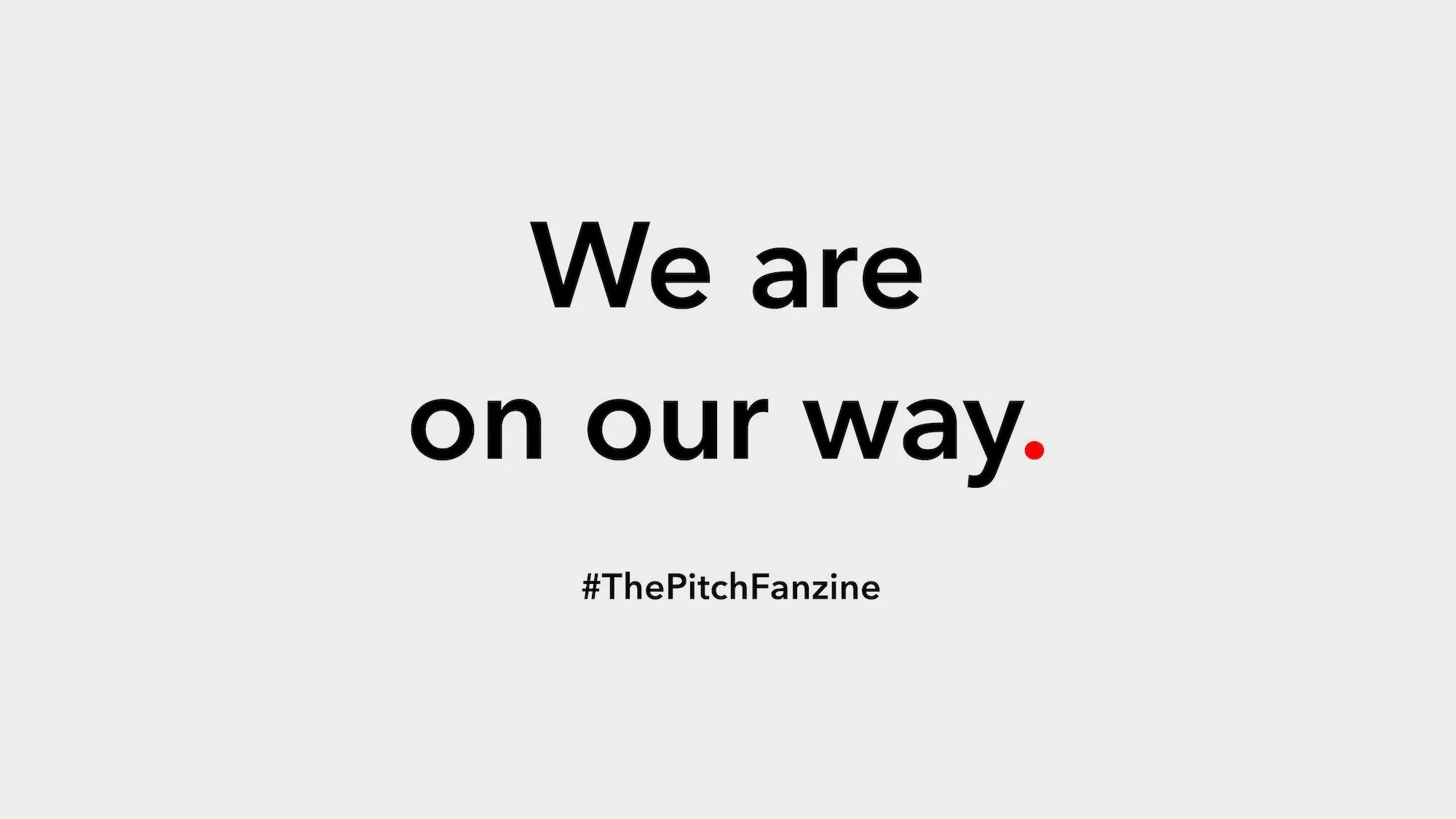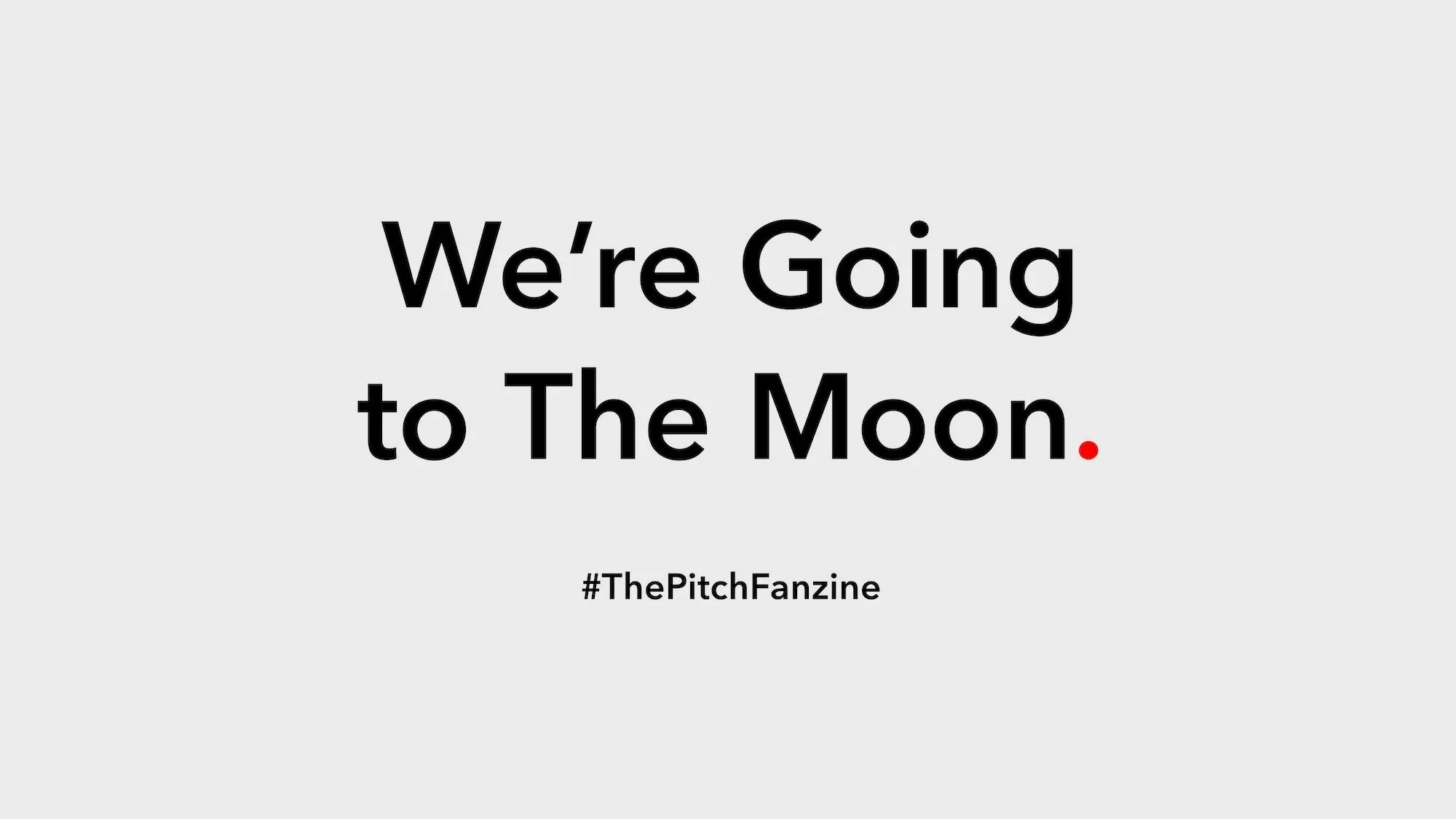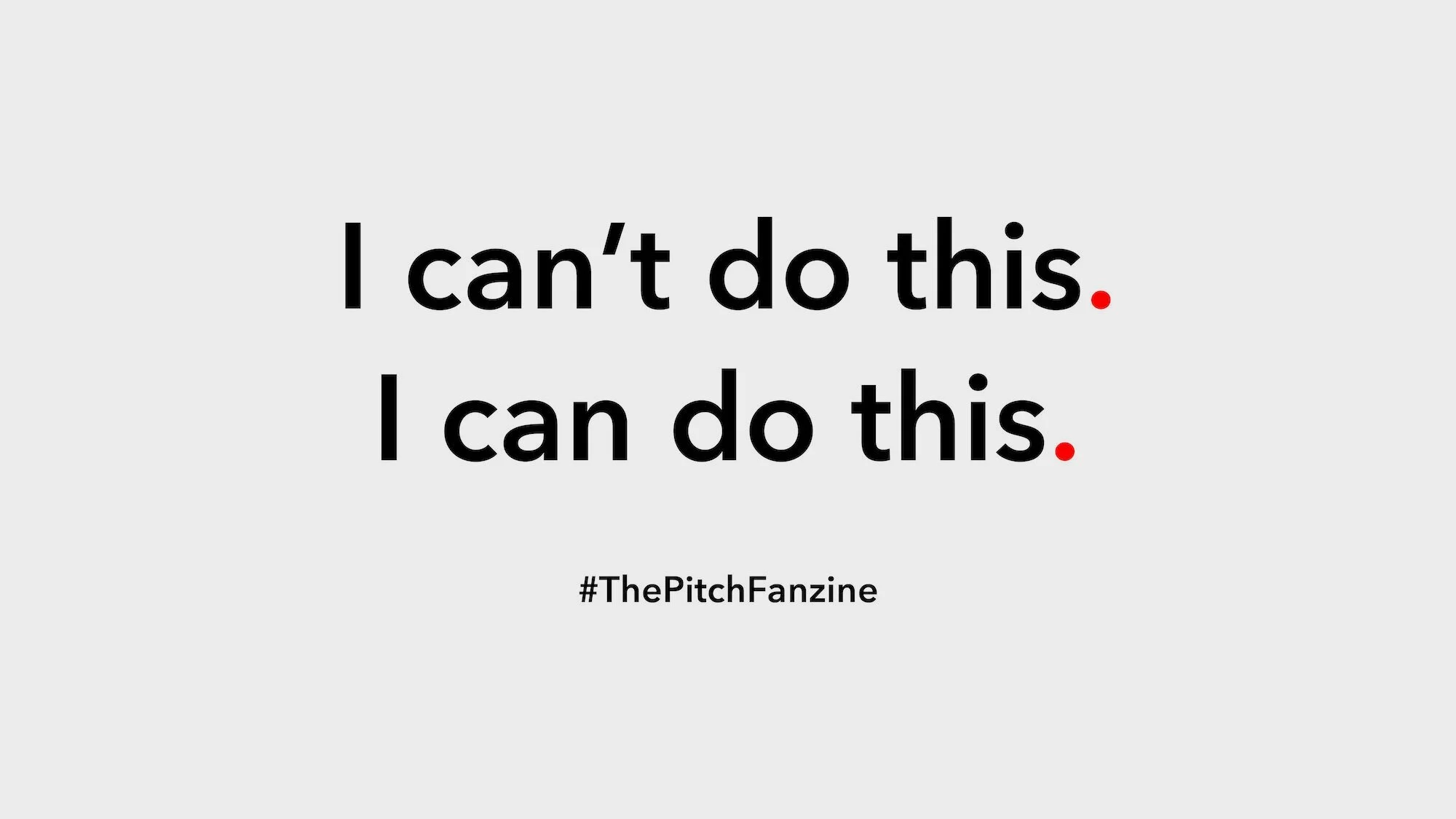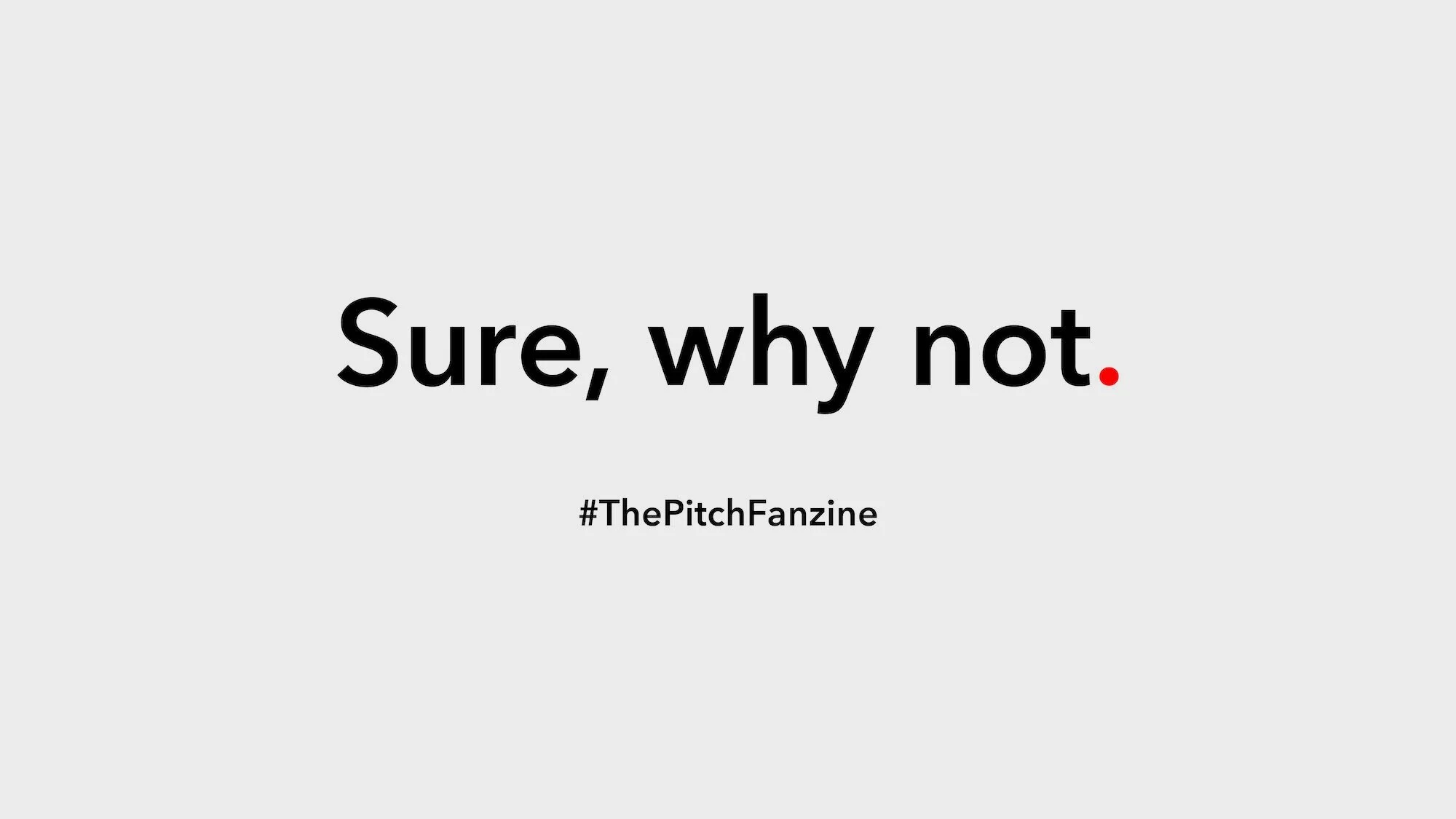
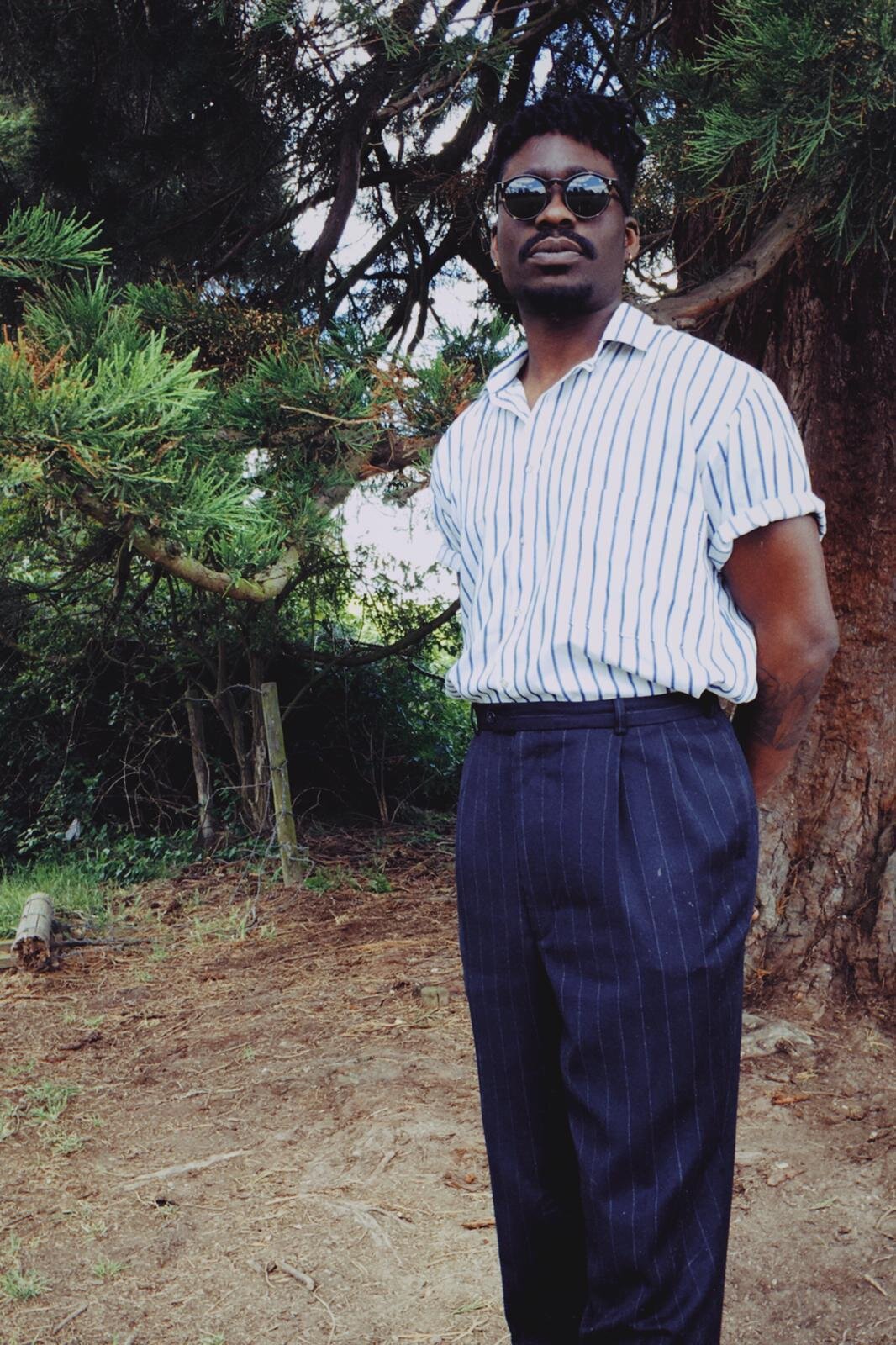
Joseph Ogunmokun, Producer, Havas London
Over the past eight years I have worked in two agencies. I arrived at my first to the fanfare of a triumphal parade on The Strand; not for me sadly but for Team GB in celebration of their 2012 Olympics performance. Mad how polar opposite 2012 and 2020 are, but I digress.
A 24-year-old Black, working-class lad, who was kicked out of school and unable to complete his A-Levels while his mother was sectioned on a mental health unit (Finchley Catholic High, we need to talk...), had dropped out of university after his first year and ended up working as a removal man for two-and-a-half years, now found himself as the newest cog in the well-oiled machine of a London ad agency.
Myself and one other colleague were the only fellas in the production department when I arrived. This was ostensibly a positive when it came to gender equality in the workplace, though for me, there were drawbacks with regards to the tropes and stereotypes surrounding who we see in the various roles across agencies.
I was also the only person of colour in the department. Zoom out a little further and I was one of the few Black or Brown people in an agency of a few hundred. Nothing new for me there though. I’d grown up existing in spaces where I was ‘the token’ and, as I have come to realise retrospectively, had found various coping mechanisms to enable me to traverse my daily experience of being an (in)visible outlier. Hyper-reverence and joviality were just two. Constantly being the Black face in a White room becomes pretty traumatic after a while but we’ll save that conversation for another time.
I spent four years and nine months mastering my craft at my first agency. Four of those years were spent as an assistant. Even allowing for a small helping of ‘youthful hubris,’ my progression should never have taken that long. Especially when I looked around and saw the even-more-inflated hubris of my peers being rewarded with promotions and them surpassing me after two- or three-year tenures as assistants. These peers who ascended more swiftly than me had many things in common: upbringing, schooling, social class. They seamlessly navigated office politics using the subliminal codes they had been conditioned with their entire lives - a lock I had never been given the keys to.
This is a succinct intro into what has been, in various guises, an ongoing theme and an inescapable reality of being a Black, and perhaps, working-class person in advertising (and in life). What conclusions have I drawn from these experiences? That both subliminally and surreptitiously, inherent biases contribute to the progress of some demographics while simultaneously contributing to the underdevelopment of others.
I should add that I had many positive experiences in those formative years and learnt a great deal. I am by no means perfect and will be the first to admit my failings, but the fact remains that some are allowed to fail gently while others are left to fail over and over again to the detriment of their careers.
In those first few years of my career, I promised myself that when I (eventually) got into a position of seniority, I would never let anyone I met experience the same things I did. If you’re reading this story and this speaks to you as an outlier, then know that I, and many others, will do our utmost to ensure we clear the path and guide you in knowing your worth and capabilities.
May the universe be forever in your favour.
